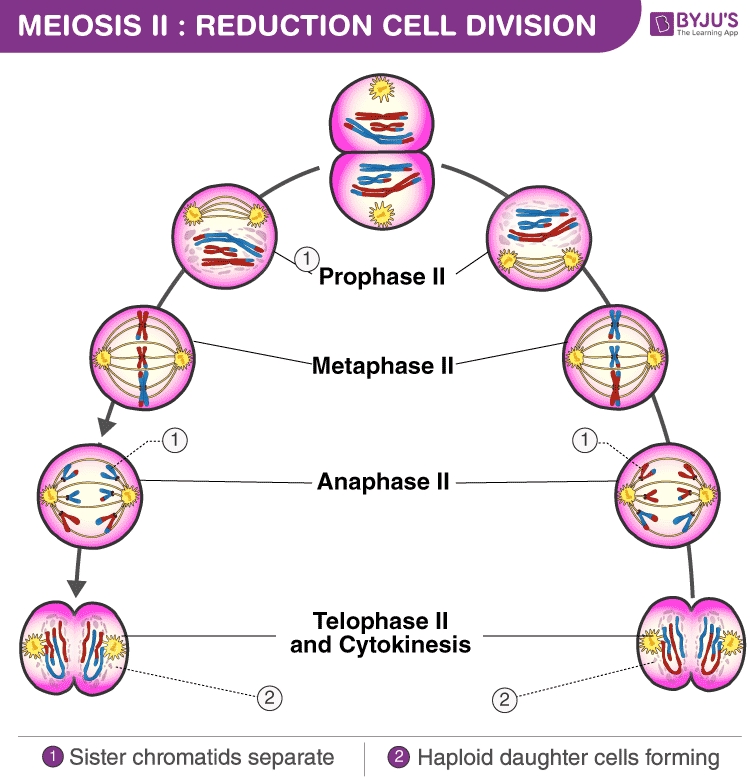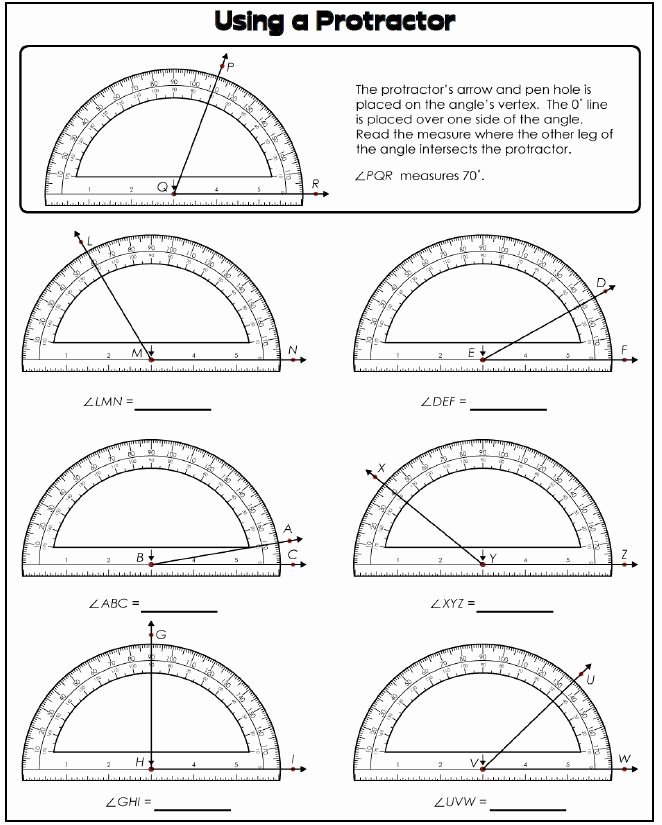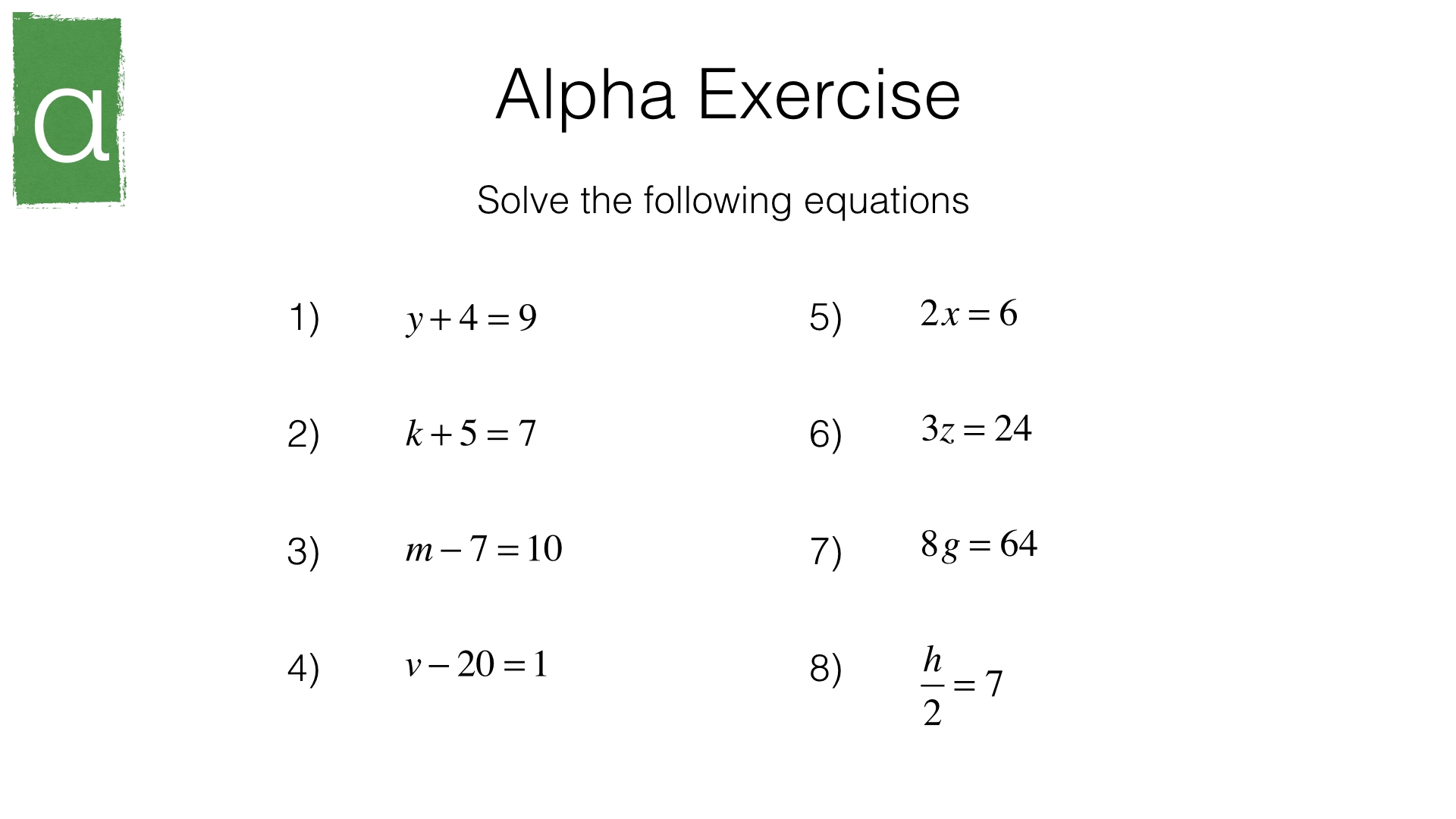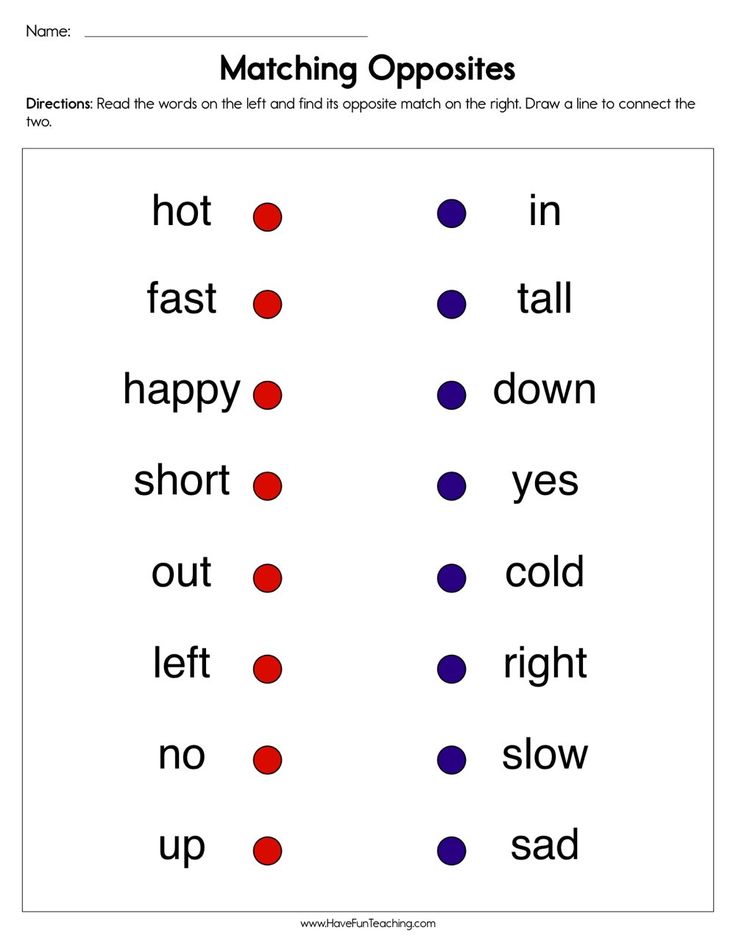Argumentative Writing Worksheets for Effective Critical Thinking
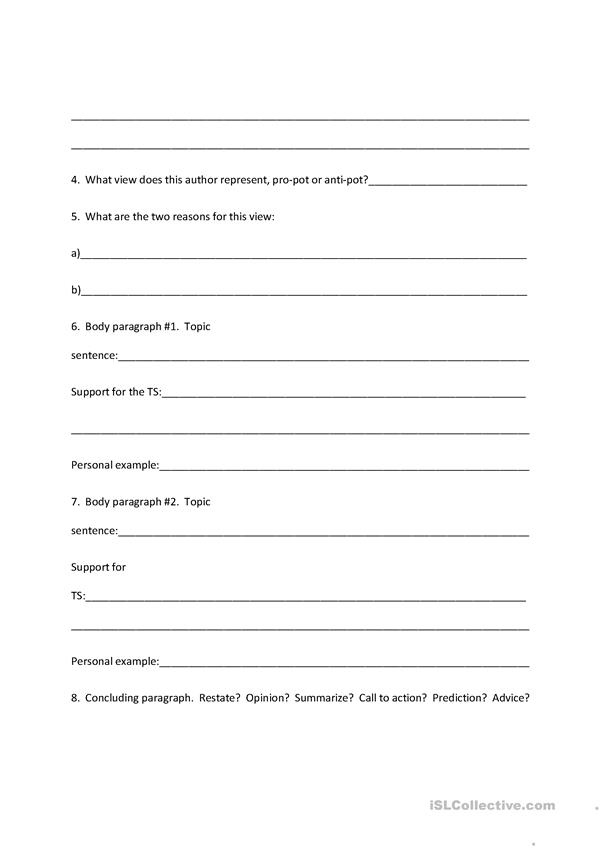
Improving Critical Thinking with Argumentative Writing Worksheets
In today’s fast-paced, information-overloaded world, critical thinking is more essential than ever. As educators and parents, we strive to equip our students with the skills necessary to navigate complex ideas, evaluate information, and form well-supported opinions. Argumentative writing worksheets are an effective tool for promoting critical thinking, as they encourage students to engage with topics, analyze information, and express their thoughts in a clear and compelling manner.
The Benefits of Argumentative Writing
Argumentative writing offers numerous benefits for students, including:
- Improved critical thinking: By evaluating evidence and developing well-supported claims, students learn to think critically and make informed decisions.
- Enhanced research skills: Argumentative writing requires students to locate and evaluate sources, teaching them to navigate the research process and identify credible information.
- Developed writing skills: Students learn to express their thoughts clearly and persuasively, using effective writing techniques such as organization, tone, and style.
- Increased confidence: By articulating their opinions and defending their positions, students build confidence in their ability to express themselves and engage in discussions.
Designing Effective Argumentative Writing Worksheets
To create argumentative writing worksheets that foster critical thinking, consider the following key elements:
- Clear topic: Choose a thought-provoking topic that encourages students to think critically and take a stance.
- Specific prompt: Provide a clear and concise prompt that guides students in developing their argument.
- Evidence requirements: Specify the types of evidence students should use to support their claims, such as statistics, expert opinions, or real-life examples.
- Organization guidelines: Offer guidance on organizing the essay, including the introduction, body paragraphs, and conclusion.
- Grading rubric: Include a rubric that assesses content, organization, style, and conventions, providing students with a clear understanding of expectations.
Sample Argumentative Writing Worksheet
Topic: Should schools prioritize standardized testing or project-based learning?
Prompt: In a well-developed essay, argue for or against prioritizing standardized testing in schools. Be sure to include evidence from at least two sources to support your claim.
Evidence Requirements:
- Include at least two sources, such as:
- A study on the effectiveness of standardized testing
- An expert opinion on the benefits or drawbacks of project-based learning
- Use evidence to support your claim, addressing potential counterarguments
Organization Guidelines:
- Introduction: Introduce the topic, provide background information, and state your claim
- Body Paragraphs: Present evidence to support your claim, addressing potential counterarguments
- Conclusion: Summarize your main points and reiterate your claim
Grading Rubric:
- Content (40 points):
- Claim is clear and well-supported
- Evidence is relevant and effectively used
- Counterarguments are addressed
- Organization (30 points):
- Introduction effectively sets up the essay
- Body paragraphs are well-organized and logical
- Conclusion effectively summarizes main points
- Style (20 points):
- Writing is clear and concise
- Tone is persuasive and engaging
- Transitions between paragraphs are smooth
- Conventions (10 points):
- Grammar, spelling, and punctuation are accurate
📝 Note: This sample worksheet is designed to be adapted to various grade levels and topics. Be sure to adjust the complexity and requirements according to your students' needs.
Assessing Student Progress and Providing Feedback
To ensure students are making progress in their critical thinking and argumentative writing skills, it’s essential to assess their work regularly and provide constructive feedback. Consider the following strategies:
- Peer review: Pair students to review and provide feedback on each other’s work, encouraging them to think critically about their peers’ arguments.
- Self-assessment: Ask students to reflect on their own work, identifying strengths and areas for improvement.
- Teacher feedback: Provide regular, specific feedback on students’ writing, addressing areas such as content, organization, and style.
By implementing these strategies and using argumentative writing worksheets, you can help your students develop the critical thinking skills necessary to succeed in an increasingly complex world.
What is the primary benefit of using argumentative writing worksheets in the classroom?
+The primary benefit of using argumentative writing worksheets is to improve critical thinking skills, as students learn to evaluate information, develop well-supported claims, and express their thoughts clearly and persuasively.
How can I adapt argumentative writing worksheets to different grade levels?
+To adapt argumentative writing worksheets to different grade levels, adjust the complexity of the topic, the specificity of the prompt, and the requirements for evidence and organization. Additionally, provide scaffolding support for younger students, such as graphic organizers or sentence starters.
What is the most effective way to provide feedback on argumentative writing worksheets?
+The most effective way to provide feedback on argumentative writing worksheets is to use a combination of peer review, self-assessment, and teacher feedback. This approach encourages students to think critically about their own work and their peers’ arguments, while also providing guidance and support.
Related Terms:
- Argumentative essay example PDF
- Argumentative text Exercises
- Argumentative text PDF
- Argumentative essay examples
- Argumentative paragraph
- How to write argumentative essay
